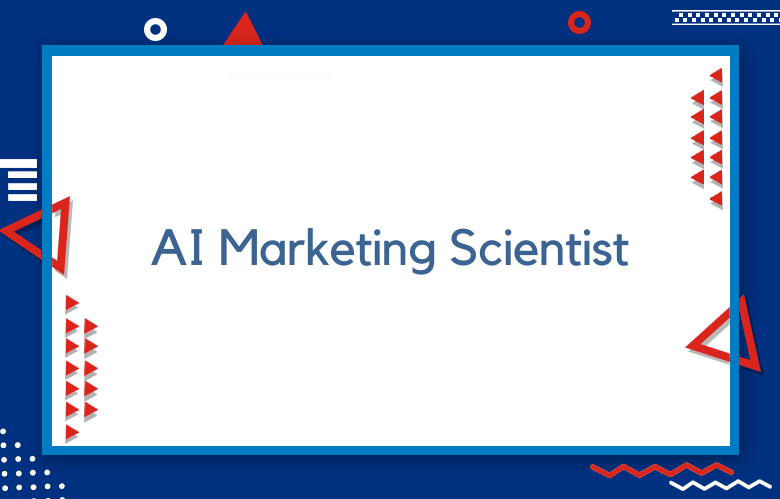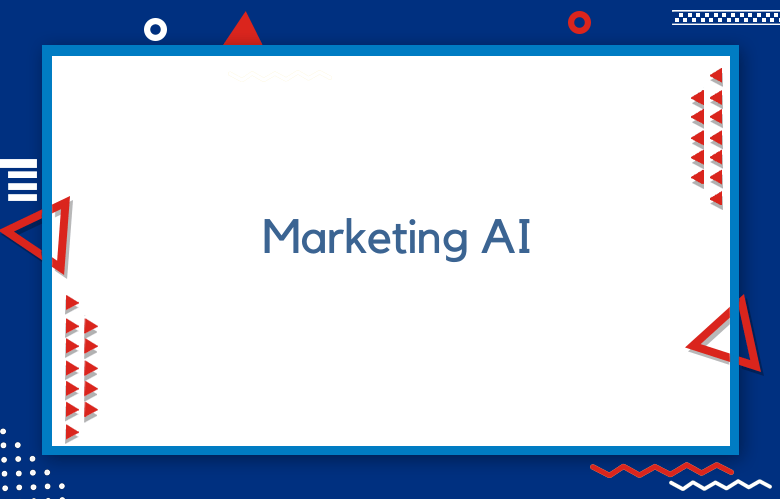Data Hygiene and Governance for Data-Driven Marketers

In today’s data-driven world, brands constantly rely on customer data for marketing strategies. However, the need for effective management and governance comes with an influx of data. That’s where data hygiene and control come into play. By ensuring that your data is clean and well-maintained, you can drive successful marketing campaigns and build long-lasting customer relationships.
What is Data Hygiene?
Data hygiene is cleaning and maintaining customer data to ensure accuracy and consistency. This includes removing duplicate entries, correcting inaccurate data points, and updating data as needed. A clean, reliable dataset is essential for successful marketing campaigns.
If your data is updated and accurate, you can avoid sending incorrect messaging to your customers, damaging their trust and potentially losing them to competitors.
Why is Data Governance Important?
Your valuable customer data can quickly become unmanageable without proper data governance policies.
Data governance involves establishing data collection, storage, and usage guidelines to ensure compliance with industry standards and privacy regulations. With clear governance policies, your team can ensure data is used ethically and effectively without risking regulatory fines or reputational damage.
The Impact of Bad Data on Marketing
Insufficient data can significantly impact marketing campaigns, wasting resources, missing revenue opportunities, and damaging brand reputations.
Inaccurate demographic data can lead to messaging that needs to be revised, while incomplete or outdated customer information can result in missed sales opportunities and poor customer experiences. Incorrect or inconsistent data can damage reputations, eroding brand trust and loyalty.
The Importance of Data Hygiene and Governance for Data-Driven Marketers
In today’s fast-paced world, businesses and marketers rely heavily on data to make informed decisions. Accurate and clean data can help them avoid costly mistakes that damage their reputation and bottom line.
That’s why data hygiene and governance have become crucial for data-driven marketers. We’ll examine what data hygiene and administration entail and why they matter.
First and foremost, let’s define what data hygiene means. In a nutshell, data hygiene refers to maintaining accurate, consistent, and reliable data by detecting, correcting, or removing any errors or inconsistencies in the data.
It involves data profiling, standardization, deduplication, and enrichment to ensure data quality and completeness.
The Hygienic Marketer: Strategies for Maintaining Data Hygiene in Marketing
Data hygiene is a critical aspect of modern marketing and sales. In the current digital age, data has become the lifeblood of businesses, allowing them to make informed decisions and develop targeted marketing campaigns.
However, it is also important to note that having access to a vast amount of data does not equate to quality data. Data quality is essential to ensure marketing strategies deliver meaningful insights and return on investment.
The role of a hygienic marketer is to ensure that all data records are consistent, accurate, and up to date.
The primary issue with unclean data is the need for more data to segment target audiences adequately. This can lead to incorrect messaging going to the group, and that defeats the purpose of targeted marketing. It can be a costly mistake if it continues to happen.
Organized and Clean: Best Practices for Data Hygiene and Governance in Marketing
In today’s data-driven marketing landscape, organizations must prioritize maintaining clean data to avoid potential pitfalls that could lead to lost revenue, reputational damage, and legal penalties. Effective data hygiene and governance practices are crucial to achieving optimal marketing results.
One of the fundamental best practices for data hygiene is ensuring that data is appropriately organized. This begins with defining clear data taxonomies, or hierarchies, that establish rules for how data should be classified and stored.
By consistently adhering to these taxonomies, organizations can avoid duplicates, data inconsistencies, and other errors that can damage the integrity of their data.
Scrubbing Away the Grime: A Guide to Data Hygiene for Marketers
Marketers rely more on data to inform their campaigns and strategies as the world becomes increasingly digital.
However, with the vast amounts of data available, it’s all too easy for marketers to fall into the trap of focusing solely on collection and analysis without taking proper care to ensure the cleanliness and accuracy of their data sets. That’s where data hygiene comes in.
Data hygiene refers to ensuring that data is accurate, complete, and up to date. Just like we practice personal hygiene to keep ourselves healthy, marketers must practice data hygiene to support their campaigns fit and effective.
With proper data hygiene, marketers can save time, money, and resources on campaigns based on accurate or complete data.
Purging the Junk: Strategies for Maintaining Clean and Accurate Data in Marketing
In today’s data-driven world, businesses rely heavily on accurate and reliable information to make informed decisions. The marketing industry, in particular, relies heavily on data to create targeted campaigns and reach the right audience at the right time.
However, with so much data generated and collected daily, there is an increased risk of inaccurate or outdated data polluting the database. This can affect the effectiveness of marketing campaigns and lead to the waste of valuable resources, including time, effort, and money.
To mitigate this risk, marketers must implement a thorough data purging strategy that regularly removes redundant or irrelevant data from the database.
This ensures that accurate and relevant data is used in marketing campaigns and helps businesses comply with data privacy regulations.
The Data Warden: Ensuring Data Hygiene and Governance in Marketing
Maintaining data hygiene and governance has become increasingly critical as businesses adopt data-driven practices. Maintaining clean, organized data is crucial for marketing teams, as it is directly linked to the quality of insights and strategies that can be created.
At the heart of this effort is the data warden’s role– an individual responsible for upholding data governance regulations and ensuring that data is clean, accurate, and used ethically and compliant.
The data warden is tasked with maintaining data hygiene by removing duplicate or obsolete data, verifying the accuracy of data sources, and performing regular data quality checks. This ensures that the data marketing teams use is reliable and trustworthy, enabling better targeting and segmentation of audiences.
From Dirty to Pristine: Effective Strategies for Data Hygiene in Marketing
Practical strategies for data hygiene in marketing ensure that businesses maximize their marketing activities and generate maximum return on investment.
“data hygiene” refers to collecting, storing, and maintaining accurate and relevant data about clients, customers, and prospects.
Data hygiene is critical because marketers rely on accurate insights about their target audiences to deliver personalized, compelling marketing messages that drive conversions.
Maintaining clean data is no small feat, given the sheer volume of data that modern businesses collect. It can be overwhelming to stay on top of data cleaning, but investing the effort to ensure data hygiene pays off in more ways than one.
Steps to Improve Data Hygiene and Governance
To ensure adequate data hygiene and governance, take the following steps:
- Establish clear data governance policies and procedures to ensure compliant and effective use of customer data.
- Regularly audit your data to identify and eliminate errors or inconsistencies.
- Use data validation tools to ensure that your information is accurate and consistent.
- Continuously update and maintain your data to ensure its ongoing accuracy and usefulness.
- Invest in data management and analytics software to help your team manage and analyze data effectively.
Conclusion
Data hygiene and governance are essential to a successful data-driven marketing strategy. With clean, reliable data and effective governance policies, you can better understand your customers, develop effective marketing messaging, and build lasting brand loyalty.
Improving data hygiene and governance within your organization can drive more effective marketing campaigns and build stronger customer relationships.
Call: +91 9848321284
Email: [email protected]



